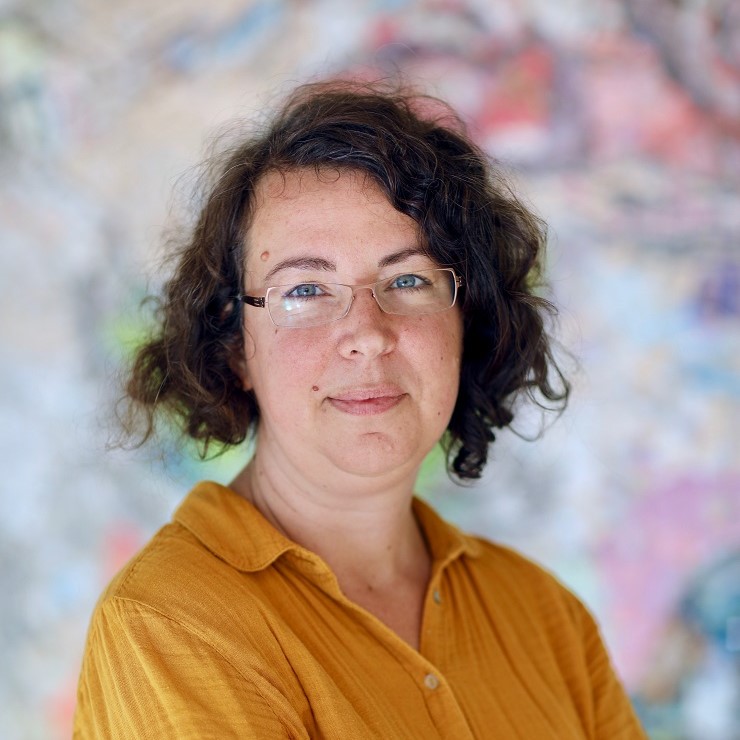The Master in Migration Studies is a multidisciplinary specialization provided by Université Côte d’Azur within 3 Master programs: social sciences, international and European law, and political science. It provides students with in-depth knowledge and specific skills in the field of migration, asylum, integration and discrimination.
- Master 1 (M1) provides a general grounding in one of the three main disciplinary fields (taught in French), while also introducing students to the broad field of migration and ethnic studies (through 2 multidisciplinary courses taught in English).
- Master 2 (M2) offers an advanced-level specialisation in migration and ethnic studies. Classes are common to the 3 degrees and based on a pluridisciplinary approach. The language of instruction is English. Migration and ethnic issues are approached through disciplinary courses (e.g. history of migration, asylum law, sociology of interethnic relations, etc.) and interdisciplinary seminars focusing on specific topics (such as human trafficking, prejudice and discrimination, for example). Students also acquire methodological skills in research and analysis (qualitative and quantitative techniques, methodologies in legal studies).
For more information, please see https://univ-cotedazur.fr/formation/offre-de-formation/parcours-migration-studies-option-political-studies-1
Course offer
- SEMESTER 1 (September-December)
Introduction to migration studies 1: Introduction to Migration Law, Introduction to Border Studies, Migrations and Political Mobilizations.
In French: Inégalités, redistribution, lutte contre les discriminations ; Education, migration et diversité ; Droit international public ; Droit des relations extérieures de l’Union européenne
- SEMESTER 2 (January-May)
Introduction to Migration studies 2: Historical Approaches to Migration, Sociology of Contemporary Migrations, Ethnicity Race and Migration
In French : Union Européenne : Institutions, acteurs, pratiques ; Rapports de pouvoir, articulations et intersectionnalité ; Droit international et européen des migrations ;
Droit international et européen des droits de l'homme
- SEMESTER 3 (September-December)
The Implementation of Migration and Border Control: Actors, Processes and Effects (+ Fieldwork visit in Ventimiglia/Menton)
Citizenship, Vote and Migration
French Immigration Law
European Migration Law
Thematic seminars related to migrations
Legal Aspects of NGOs and migrants' rights
Qualitative and quantitative methods in social sciences
Legal clinic
- SEMESTER 4 (January-March)
Race, Class, Gender and Migration
Contemporary Migration Politics
Asylum Law
Thematic seminars related to migrations
Qualitative and quantitative methods in social sciences
Legal clinic
Practical Information
https://univ-cotedazur.eu/attending-universite-cote-dazur/attending-as-a-student
Welcome Guide 2024-25: https://issuu.com/univ-cotedazur/docs/welcome_guide_rentree_2024_en_ok
Classes take place on 3 campuses, all located in Nice city center and reachable by public transportation: Carlone and Trotabas campus pour the Master 1, Saint Jean d’Angély for the Master 2.
Contact person and further details
EuMIGS academic coordinator:

Lucie Bargel
Programme Coordinator
EuMIGS administrative contacts:
Marie-George GROUSSET
Erasmus Coordinator
